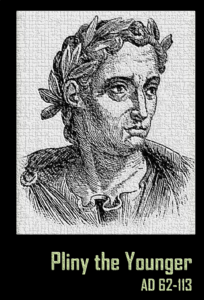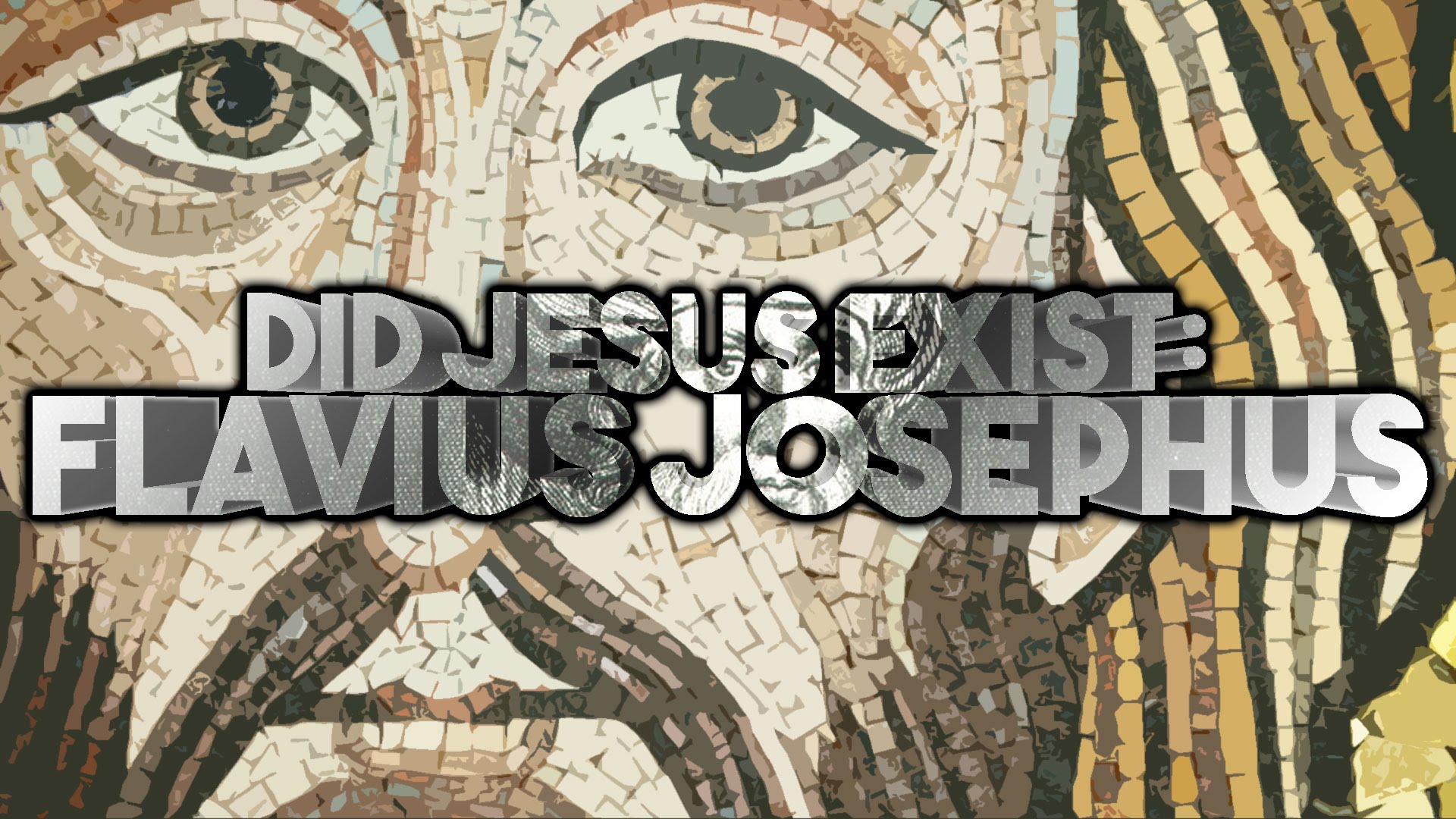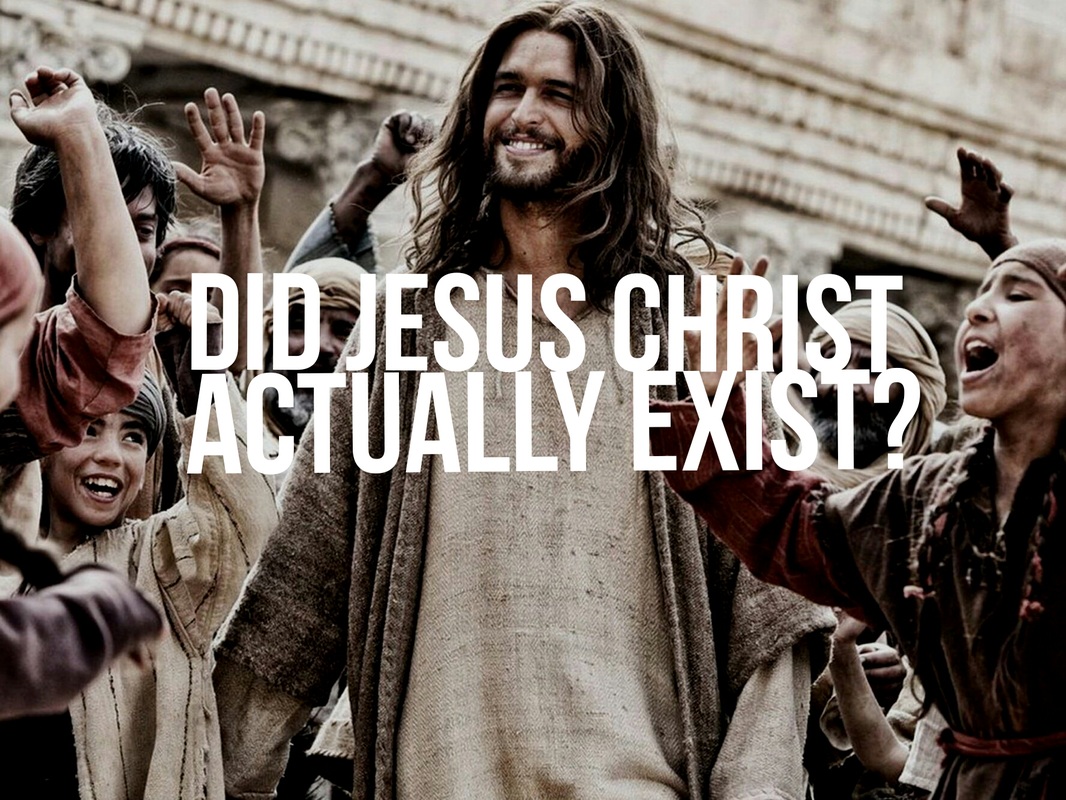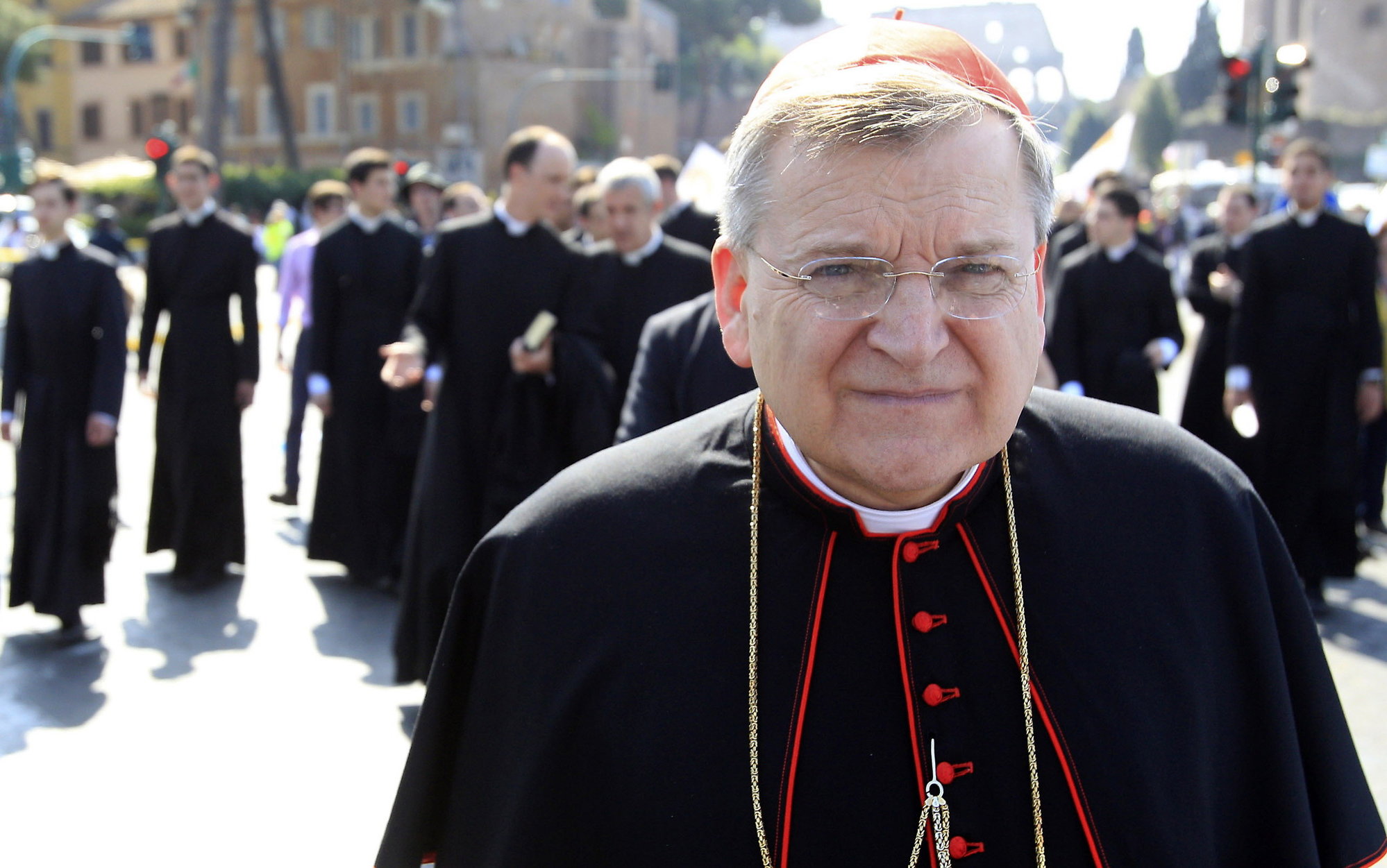
“Faith is not only knowledge committed to memory, but truth lived in love” – Pope Francis
The saints are all total Christians. That is, they practice both the corporal and spiritual works of mercy. This is what all Christians are called to do, as we strive to live up to our baptismal call to be saints. And this is a theme that Pope Francis has been hammering away at during this Jubilee Year of Mercy.
It was no different today, as he spoke to the Congregation for the Doctrine of the Faith (or CDF). This is, of course, the office in the Vatican that’s responsible for maintaining doctrinal integrity within the Church. The great Cardinal Joseph Ratzinger was for many years the head of the CDF before his election as Pope Benedict XVI.
Many Christians tend to emphasize either the corporal (looking after people’s bodily needs, such as feeding the hungry, etc.) or spiritual (instructing the ignorant about the Faith, etc.) works of mercy, while often utterly neglecting the other group of works. But the truth is, we can’t neglect either set. Just as the human person was created as a body-soul unity, we must look after people’s bodies and souls. We must be willing to feed people physical and spiritual food (in the Eucharist, we have both). We must have, as Peter Kreeft says, “liberal hearts and conservative heads”. We must hurt for the physically suffering, and also for those who are thirsty for the Truth.
The Pope knows this – hence, his speech today. Here are some of the most relevant snippets below (I’ve highlighted some of what I feel are the most important aspects in bold):
Vatican City, 29 January 2016 (VIS) – “Mercy is the foundation of the life of the Church: the first truth of the Church, indeed, is Christ’s love”, were the opening words of the Holy Father’s discourse to the participants in the plenary assembly of the Congregation for the Doctrine of the Faith, whom he received in audience this morning in the Clementine Hall. The Pope went on to urge all the Christian people, both pastors and the faithful, to rediscover during this Jubilee the corporal and spiritual works of mercy as when, in the twilight of life, we are asked if we have given food to the hungry and given the thirsty water to drink, we will also be asked “if we have helped people to set their doubts aside, if we have committed ourselves to welcoming sinners, admonishing them and correcting them, if we have been able to combat ignorance, especially in relation to the Christian faith and the righteous life”.
“In faith and in charity a cognitive and unifying relationship is established with the mystery of Love, which is God Himself. The effective mercy of God became, in Jesus, affective mercy, as He made Himself man for the salvation of mankind. The task entrusted to your Dicastery here finds its ultimate foundation and and adequate justification. Christian faith, indeed, is not only knowledge to be committed to memory, but also truth to live in love. Therefore, along with the doctrine of the faith, it is also necessary to safeguard the integrity of customs, particularly in the most delicate areas of life. Adhering to faith in the person of Christ implies both an act of reason and a moral response to His gift.”
Do you agree with Pope Francis’ statements here? Share this post and your answers on Facebook, Twitter, or LinkedIn!



 Pliny the Younger is another valuable historical source for information on Jesus and the early Church. Pliny was the governor of the Roman province of Bithynia, located in Asia Minor. In the year 112 AD, he wrote to the Emperor Trajan, asking how he should deal with those in his region who have been accused of being Christians.
Pliny the Younger is another valuable historical source for information on Jesus and the early Church. Pliny was the governor of the Roman province of Bithynia, located in Asia Minor. In the year 112 AD, he wrote to the Emperor Trajan, asking how he should deal with those in his region who have been accused of being Christians.





